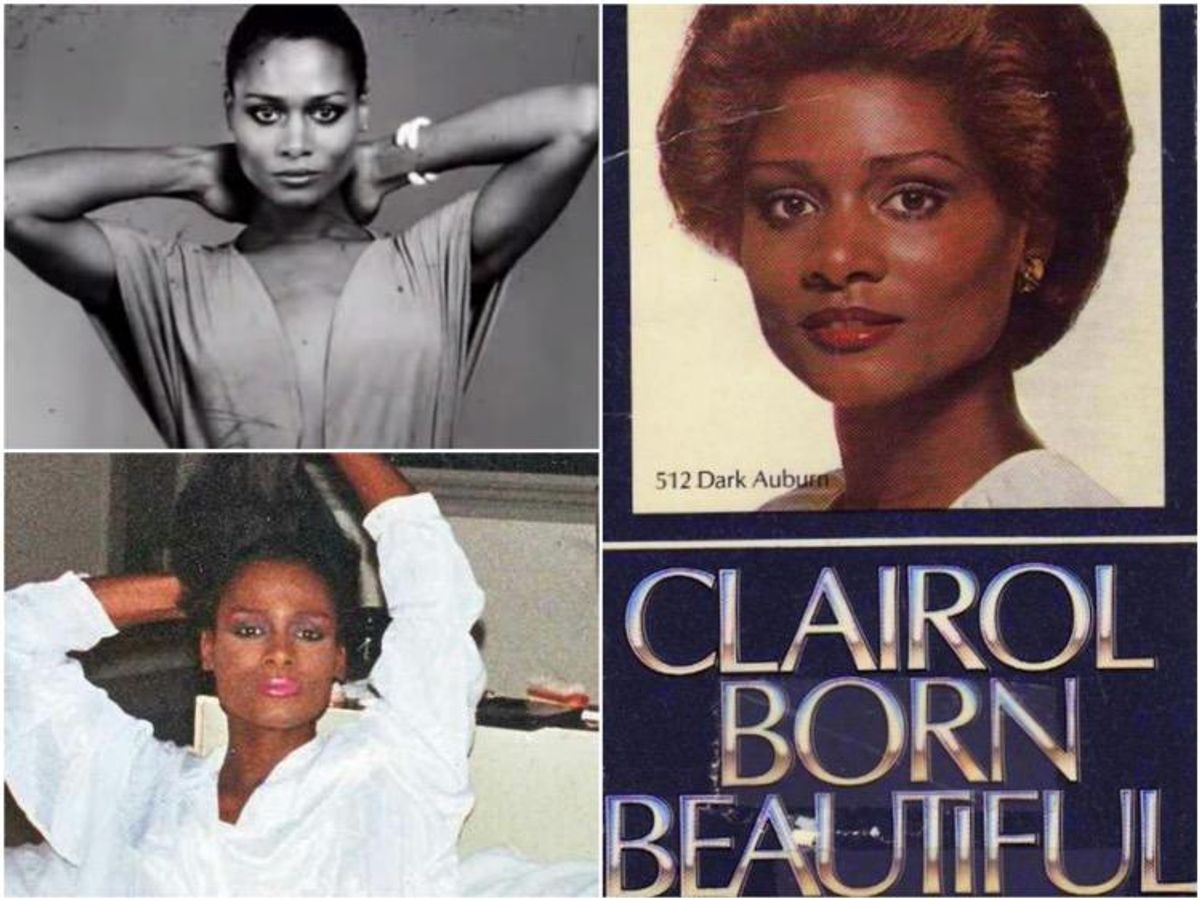Tracey "Africa" Norman led a seemingly charmed life at a time when trans women of color couldn't even dream of such a thing. Hell, they still can't. But in the 1970s, Norman was a sought-after model who was handpicked by noted fashion photographer Irving Penn himself.
Then, the charm wore off. She was outed and struggled to pick up her life, ultimately succeeding and avoiding the violent end that plagues so many trans women of color. After a life lived in secrecy, the 63-year-old finally decided to tell her story in an amazing piece from New York magazine.
Norman's first job was in Italian Vogue after she wandered into a casting call where Penn plucked her out of the line-up. He thought he had discovered the next Beverly Johnson (the first black woman on the cover of regular old American Vogue) and with his endorsement she was quickly signed to an agency.
Still, not everyone was blinded by Norman's beauty. Peggy Dillard, the second black woman on the cover of Vogue, was also on that fateful first shoot. Having a gay brother, as well as friends who had transitioned, Dillard saw the tell-tale signs:
"I noticed with Tracey's hands and ankles some things that were characteristic to men. It didn't bother me. I thought she was beautiful."
Dillard didn't tell anyone, not even Norman, but hers was just one of several instances of kindness Tracey experienced in, of all places, the fashion industry.
On a shoot for Essence, a makeup artist pulled her aside and told her he knew her secret, only to advise her not to worry and "just be natural." The photographer on the shoot, Anthony Barboza, upon being told that Norman was trans (by that same makeup artist, because this is still fashion after all) just assumed Essence knew and moved on.
"It didn't make any difference to me and I didn't say it to anyone. I was just surprised because I didn't notice at all."
Norman landed a contract with Clairol in the mid-70s, which would later inspire another groundbreaking trans woman of color.

"I can't tell you how many hours I stared at that photo of her on that Clairol bottle and that caption, 'Born Beautiful,'" Laverne Cox recalled upon learning of Tracey Norman's legacy five years ago. "Yeah, we are born beautiful."
Cox has landed the cover of Essence twice, but Norman's second shoot with magazine proved her last--her cover was blown thus ending her modeling career in America. Cox was emotional during her first shoot with the mag back in 2014, remembering that Tracey Norman never got this opportunity.
"It just means a lot to me that history can be rewritten."
Tracey Norman's long path to sharing her story included many ups and downs, from being a showroom model for Balenciaga in Paris, to working at a burlesque peep show in Times Square, and even earning the title of Mother of the House of Africa in New York's ballroom community. And she's still alive, still slaying and finally living fully in her truth.
What's most amazing about Jada Yuan and Aaron Wong's piece is Norman herself. The very fact of her. That a black trans woman can be "Born Beautiful," could grace the pages of Italian Vogue and catwalk the showrooms at Balenciaga--in effect, that a black trans woman could be a standard of beauty 40 years ago--is amazing.
"I've always said that the person that walks through the door first leaves the door cracked," Norman told New York. "There was a perception that a transgender woman couldn't be passable and work in fashion magazines and land contracts. I proved that wrong. I left the door cracked for other [transgender people] to walk through."
Read more about Tracey Norman's incredible journey here.
Les Fabian Brathwaite--House of Africa



















































































